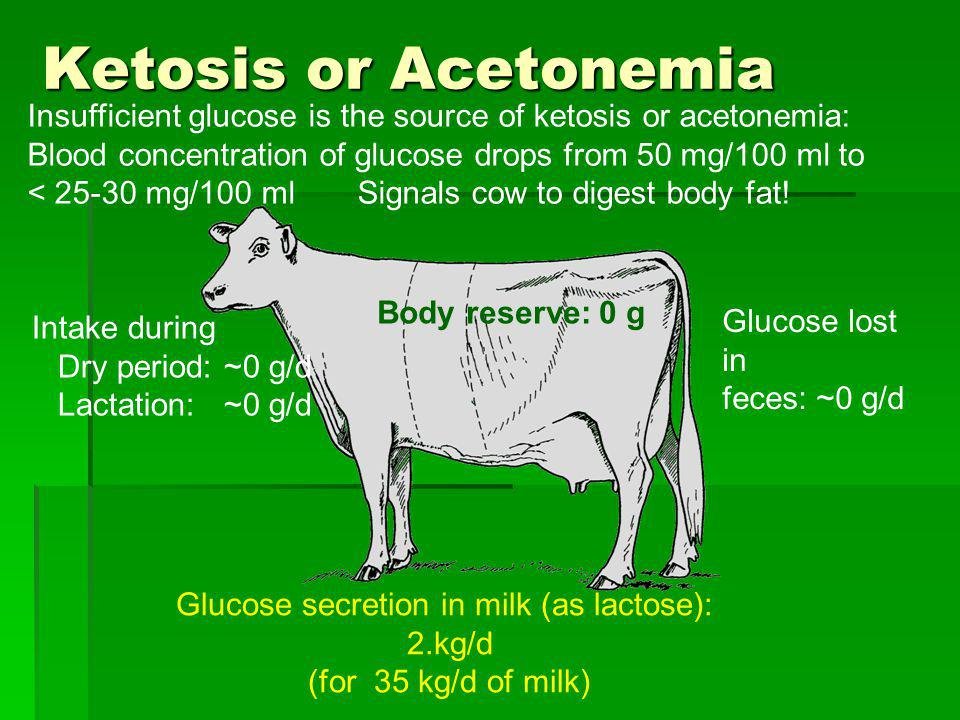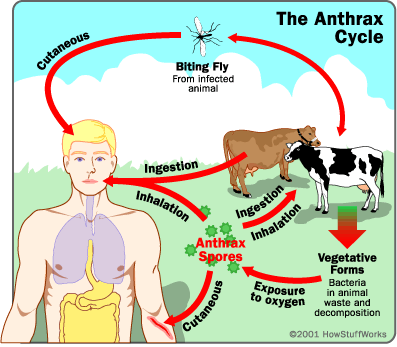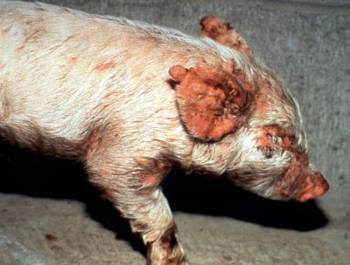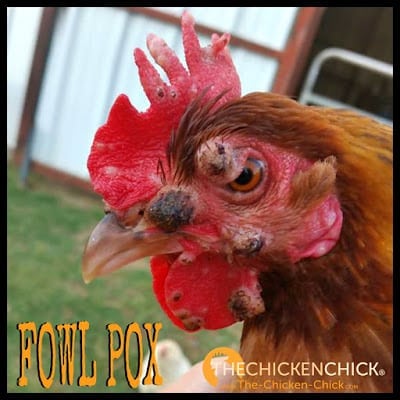Back to: AGRICULTURAL SCIENCE JSS2
Welcome to class!
Last class, we discussed Animal diseases II.
In today’s class, We will be diving deeper into Farm Animal diseases and would be looking at the diseases that affect Cattle, Pigs and Poultry. Enjoy the class!
Farm animal diseases that affect cattle
- Milk Fever
It is also called hypocalcaemia. It means there is not enough calcium in the blood. This fever is spread among cows if their diet lacks calcium and magnesium.
The disease has two forms: clinical and sub-clinical. The clinical form is more vivid and it is easier to detect.
- Ketosis
It is also known as acetonemia and concerns mostly dairy cattle. It is caused by very high milk production and poor diet that can end in exhaustion of organism.
This animal disease can also appear as a secondary disease, for example having pneumonia or mastitis cow may refuse to eat, so the organism becomes weaker. The effects of this disease on farm animals include liver damaging, so well-timed curing is needed or it can end in liver failure.

- Retained Placental Membranes (RPM)
While many animal diseases appear because of inappropriate feeding, this one is caused by overfeeding. Large amounts of grain can be dangerous for cattle. Maximum that should be given daily is 6 lbs of grain for a big cow. It concerns not only grain exactly, but all its substitutes (corn silage etc). Among other causes are lack of vitamins, abortions, milk fever and others.
Hardware Disease Its scientific name is Traumatic Reticulopericarditis. It happens when a foreign object is swallowed. Usually, it is something metallic. When coming into reticulum this object can be pushed in the direction of the heart where infection may cause cardiac disorders.
The first thing to do is to give strong antibiotics. In severe cases, the object can be surgically taken out.
- Pneumonia
The second popular name is ”shipping fever”. This lung infection is mostly found in young animals, but age is not always a factor. Shipping fever often occurs after stress like transportation, castration, weaning and others.
- Anthrax

Anthrax is that kind of animal diseases that can lead to death in 2 days. Bacteria Bacillus anthracis is the causative agent. Such farm animals as cows, goats and sheep are in danger if they have the following signs:
- trembling and convulsions
- weakness, loss of appetite
- high temperature
- heavy breathing
- blood of dead animal may not clot
Only early treatment with antibiotics is effective. To prevent the disease vaccination has to be done every year. The body of animal that is dying must be isolated from other animals.
Pig diseases
Viral diseases in animals are the most dangerous, as very often they cause other fevers. They make the immune system weak, so bacteria spread faster.
- Exudative dermatitis

It is also called ”greasy pig”. The cause of it is bacteria Staphylococcus hyicus, that in some cases leads to the serious damage of liver and kidneys and the animal dies.
It is characterized by skin damages, that become greasy and increase in number.
The main cause that leads to the such condition – is violating pigs hygiene, especially while farrowing. The infection penetrates through wounds, that can appear after bites, strikes and maims.
- Coccidiosis
Coccidia parasite that lives inside of the cells, causes such disease as diarrhoea, that sometimes can contain blood. This fever affects mostly piglets from 1 to 15 weeks old. The walls of the intestinal can be damaged.
In severe cases, the treatment should be done in the whole farm, as the infection is easily spread by dung and flies.
- Respiratory diseases
This kind of animal diseases is very common and include coughing, sneezing, stunted growth. The level of mortality is very high.
The causes of respiratory diseases are weather conditions, bad hygiene (too much ammonia may damage the respiratory system), lack of fresh air, and bacteria – Streptococcus and Pasteurella. Avoid animal overcrowding and stuffy barns to prevent the spread of respiratory diseases on your farm. Also, antibiotics can be used as prevention.
- Swine dysentery
Bacteria Brachyspira hyodsenteriae is the main cause of the illness. There are such effects of disease on farm animals: pigs stop growing as they are supposed to and sometimes suddenly die. Antibiotics have to be used in any form: with food, water or in the form of injections.
Making the farm more spacious and airy – is the prevention every farmer should stick to. Getting rid of rodents – is also mandatory measures.
Poultry disease
- Infectious Bronchitis
It is difficult to find a farmer who did not face this disease in poultry. The illness can have different stages of danger.
Among symptoms are poor appetite, water refusal, liquid flowing from nostrils and eyes. The affected birds can difficulties with breathing and may have hoarse voice. The reduced number of eggs is also a distinctive feature of Infectious Bronchitis.
- Infectious Sinusitis
The scientific name is Mycoplasmosis. It causes not only chicken diseases, but all kinds of poultry may get this illness which has identical symptoms.
- Fowl Pox

This disease can have symptoms such as skin damages that have white colour and spread on the combs and wattles. Fortunately, this disease is not very dangerous and rarely can end in death. It is similar to chickenpox – wounds heal within 3 weeks and leave scars.
- Avian Influenza
The epidemic of this fever happened in 2015 when a great number of birds died. Both big farm and small yard farms were affected. The fact that this disease can spread among different species makes it much more dangerous. Insects and rodents can spread this disease easily and fast. Death without any prior symptoms is one of the main signals.
The main cause of different kinds of diseases is hidden in poor hygiene, poor diet and lack of vaccination.
If you have any suspicion concerning the health of your animals, contact a veterinary doctor immediately. Also always pay attention to your own health as some farm animal diseases can pass to human as well.
Remember that prevention is always better than cure!
We do hope you enjoyed the class? We have come to the end of this term. See you next term!!
Should you have any further question, feel free to ask in the comment section below and trust us to respond as soon as possible.

What is viral diseases